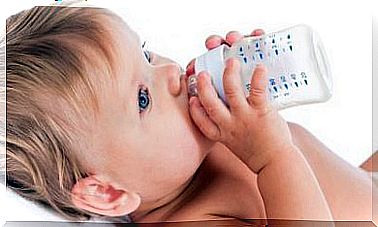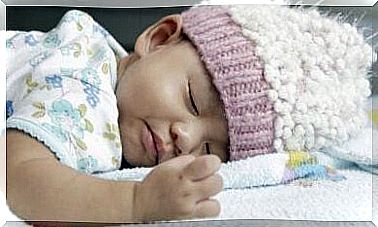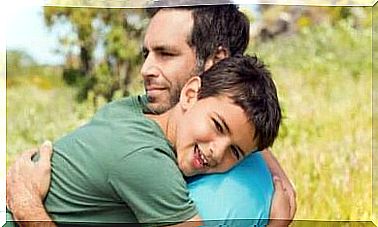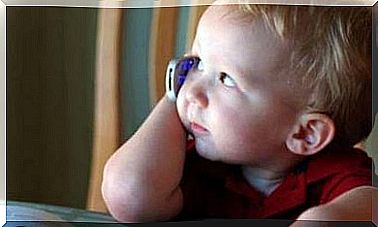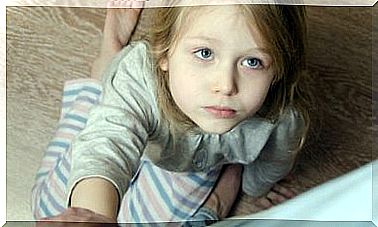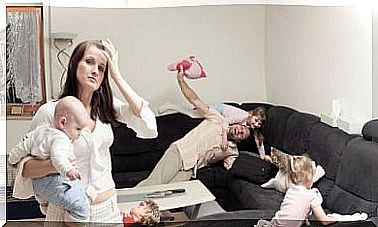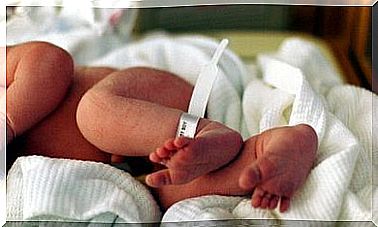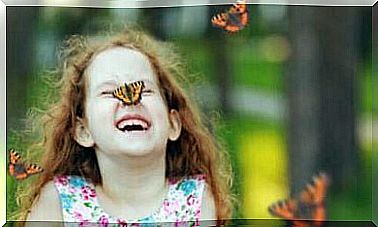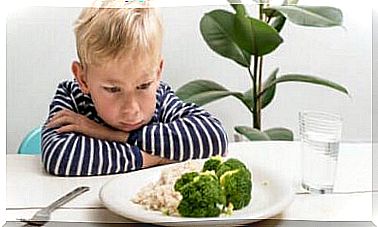What Will My Unborn Baby’s Blood Type Be?
Many people believe that a baby’s blood type should be the same as that of one of the parents. Others think it’s a combination of both blood groups.
For example, if the mother has O- and the father has A+, they think their babies are blood type O+ or A-.
The reality is that blood types are more complex than that. It is quite normal for a baby’s blood type to be different from one of its parents. Genes don’t work mechanically.
Several variables play a role in the transfer of blood groups and the rhesus factor. These variables need to be studied to predict baby’s blood type.
General aspects
Blood groups are based on genetic factors that are hereditary. The traits of both parents will be combined in forming a baby’s blood type.
There are dominant and recessive genes. Dominant genes are more likely to be inherited.
Dominant blood group genes are ‘A’ and ‘B’. ‘O’ is known as a recessive gene.
Each blood group has different properties. The red blood cells and the plasma is different. As a result, there are four different blood groups: A, B, O and AB.
blood groups
Every person has dominant and recessive genes. With regard to blood groups, the following combinations are possible:
- Someone in group AB has one A gene and one B gene.
- A person with group A can have either AA or AO. The dominant A gene predominates.
- If a person has blood type B, he or she may have both BB and BO. The B gene has the upper hand.
- People with the O group have two O genes.
Combinations for a baby’s blood group
The combination of the parents’ dominant and recessive genes will determine their baby’s blood type. There are 16 possible combinations. Here they are:
If the father has blood group O:
- If the mother has blood group A, the child will have blood group A or O.
- If the mother has blood group B, the child will have blood group B or O.
- If the mother has blood group AB, the child will have blood group A or B.
- When the mother has blood group O the child will have blood group O.
If the father has blood group A:
- If the mother has blood group A, the child will have blood group A or O.
- If the mother has blood group B, the child will have blood group O, A, B or AB.
- If the mother has blood group AB, the child will have blood group A or B or AB.
- If the mother has blood group O, the child will have blood group A or O.
If the father has blood group B:
- If the mother has blood group A, the child will have blood group O, A, B or AB.
- If the mother has blood group B, the child will have blood group B or O.
- If the mother has blood group AB, the child will have blood group A or B or AB.
- If the mother has blood group O, the child will have blood group B or O.
If the father has blood group AB:
- If the mother has blood group A, the child will have blood group A, B or AB.
- If the mother has blood group B, the child will have blood group A, B or AB.
- If the mother has blood group AB, the child will have blood group A, B or AB.
- If the mother has blood group O, the child will have blood group A or B.
The rhesus factor
The blood may contain antibodies. If blood contains antibodies, it is rhesus positive. If the blood contains no antibodies, it is rhesus negative.
Like the blood group , the rhesus factor is genetically determined. Rhesus positive is dominant and rhesus negative is recessive.
There are two forms of the rhesus factor gene: D and d. If you are rhesus positive you have DD or Dd. Then you have inherited the D gene from at least one parent. When you are rhesus negative you have dd. This means that you have inherited the d gene from both parents.
There are 9 different combinations of the rhesus factor. Here they are:
If the mother is rhesus negative (dd):
- If the father is rhesus (dd) negative, the child will be rhesus (dd) negative.
- When the father is rhesus positive (DD), the child will be rhesus positive.
- If the father is rhesus-positive (Dd), the child will be either rhesus-positive or rhesus-negative.
When the mother is rhesus positive (DD):
- If the father is rhesus negative (dd), the child will be rhesus positive.
- If the father is rhesus positive (DD), the child will be rhesus positive.
- If the father is rhesus positive, the child will be rhesus positive.
When the mother is rhesus positive (Dd):
- If the father is rhesus-negative (dd), the child will be either rhesus-positive or rhesus-negative.
- If the father is rhesus positive (DD), the child will be rhesus positive.
- If the father is rhesus-positive (Dd), the child will be either rhesus-positive or rhesus-negative.
